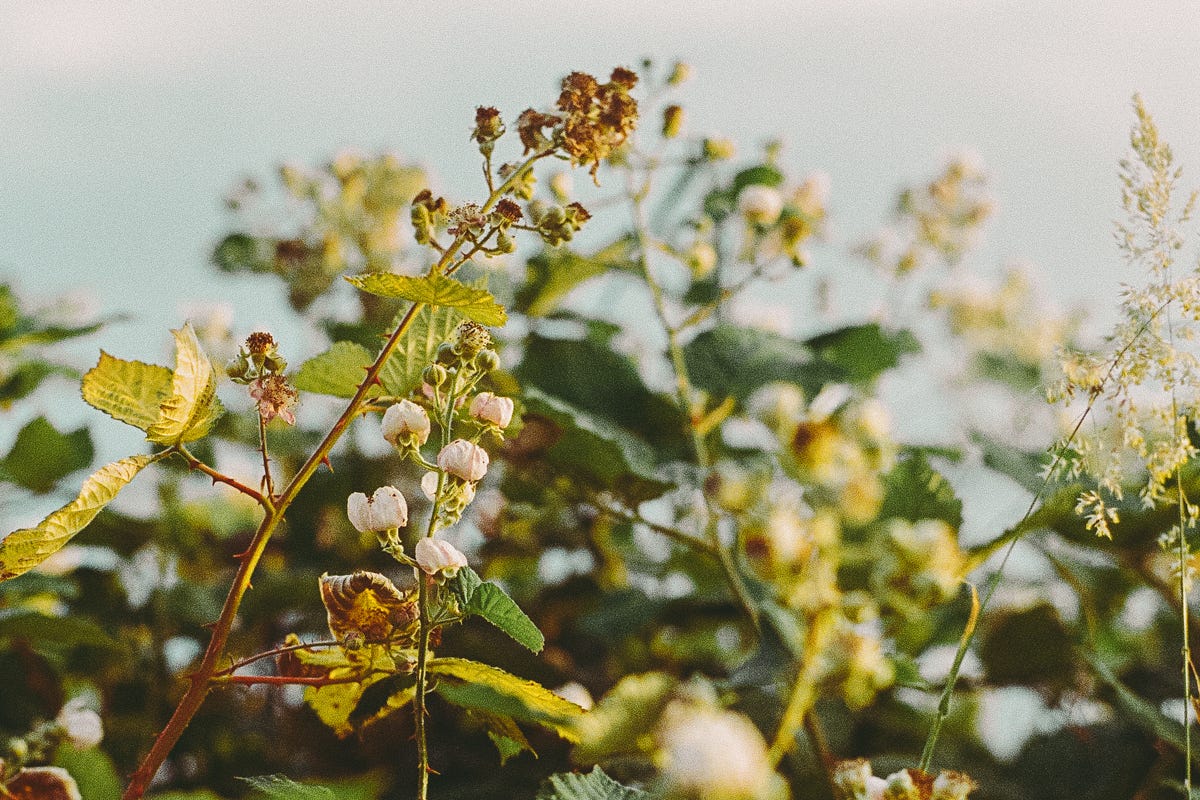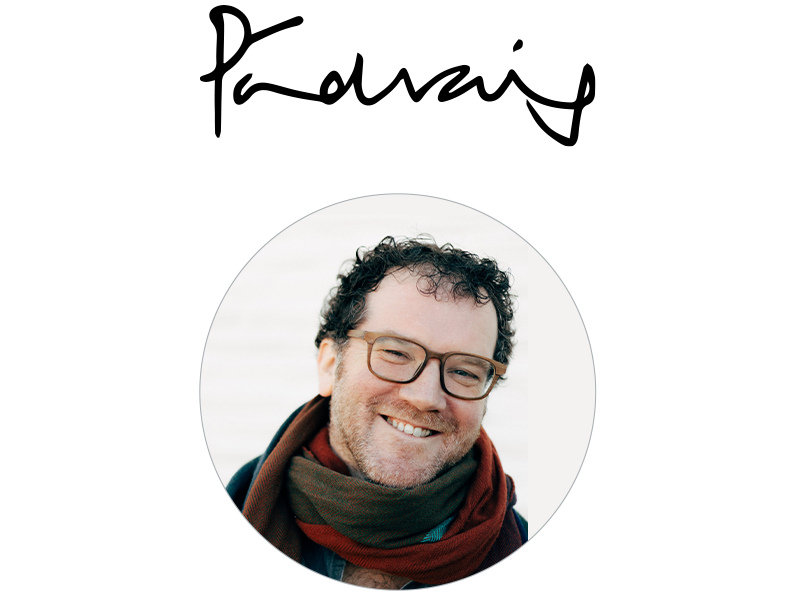

Discover more from Poetry Unbound
Dear friends,
The other day I was running a writing workshop online. You know how it goes — we all do these days — hallo hallo, where are you zooming in from, put the chat in the chat, you’re muted, you’re frozen, your existential crisis is showing, etc. etc.
In response to one of the prompts, someone wrote a short poem to the mythological Eve — the Eve of the Garden of Eden from the Hebrew Bible; she who conversed with God, a serpent, and an Adam; the adult who never was a child; the one upon whom blame was piled (the woman you gave me the Adam replies to the God when the God asks them how they discovered knowledge).
The poem that was written — truthfully, I can’t recall it properly, and anyway, it’s not mine to repeat — was powerful. But in it, the speaker of the poem asked Eve if she had any regrets, and then said something like, “I hope not.”
It was an enjoyable moment in a very enjoyable Zoom conversation with a small group of lovely people. I was already liking their company, but I was thrilled with the clarity of this language. There’s nothing new about honouring Eve — people in and out of formal traditions have been doing it for centuries. But I loved the vernacular of how it showed up in the poem in the workshop.

When studying theology, I came across another myth, about dying. I went back to my notes to find it, but couldn’t find it, so I’m making a myth about a myth here… (bear with me; forgive me):
After death, you’ll walk up a mountain path on your way to their judgment. Along the way you’ll meet Adam. Or Eve. Each has a cave. “This is all your fault,” everyone says to Adam, or Eve. Adam and Eve — though they do not live in the same cave — each have the same answer. “None of this is my fault,” they say.
I know that I’ve made most of that up. But I know I read something like it somewhere once.
It occurs to me that we don’t need to eradicate our myths: it’s that our interpretation of them needs to be investigated. This myth has been a container for blame — in some traditions, but not all, blame toward the woman — for a long time. But the myth’s work is being shown in what it shows us: an addiction to blame.
What a powerful myth to show us this. What a powerful thing to take the myth, and look at it anew, and be seen back by it.
So, here’s my curiosity this week: what’s an old myth that’s been powerful in your life? It might be national, or religious, or local to your own community, or something carried in your family or culture. It might have helped or harmed you in the way it was interpreted before. How are you changing the interpretation of it now? Is it just to ignore it? To rewrite it? Does it change you? Do you change it?
Friends, thank you for the comments and engagement in these letters. It’s a joy to read your replies.
Poetry in the World
ONLINE:
Strange Stories of the Bible
Next month, I’ll be teaching a five-part online course — Sunday nights, October 8, 15, 22, 20, and November 5 — on literary readings of peculiar biblical texts. I approach the art of these stories in deep respect for the artistry of the — mostly anonymous — original writers. This will be an exploration of art, and it’s mostly for those who wish to enjoy a small safari through powerful literature (and come out alive). Registration and details here.
U.S.A.
Iowa State University | Ames, IA
This Thursday, Sept 14, I’ll give a lecture about “Poetry and Conflict Resolution” at Iowa State University. Would love to meet you if you’re in the area. The event is free, and will be recorded. Starts at 6pm, and you can find further details here.
And on Friday, Sept 15, I’m giving a keynote on “The Language of Peace.” You can register here, and learn more here.
Dominican University | River Forest, IL
In the evening of September 21, I’ll be giving the Tenth Annual Caesar and Patricia Tabet Poetry Reading at Dominican University, in River Forest, near Chicago. Details and tickets here.
Lexington Community Education | Lexington, MA
I’m giving a talk about the “You” of poetry through Lexington Community Education, on Thursday, 19 October, 7pm. Details and registration here.
EUROPE
Journeying Into the Common Good | Patmos, Greece
Together with Krista, Allison Russell, JT Nero, and Joe Henry, I’ll be one of the speakers at a small salon on the revelatory Greek island of Patmos next summer, from June 27-July 4. More details here.
Subscribe to Poetry Unbound
Open your world with poetry


















At age ten: "Be perfect as your Father in Heaven is perfect."
At fifty: "Out beyond ideas of wrongdoing and rightdoing,
There is a field. I'll meet you there." (Rumi)
There has been a strong familial pattern of blame within my Christian family lineage. Eve ate the apple. She was the problem... and this got translated within our story, that women are the problem. This in turn translated to....somehow if you/they were different, changed, hadn't done..., were better.... and the list goes on; then life would be ok. It took a while for me to shift this perspective within my own reaction to others and, particularly, in my intimate partnership however, what supported this journey towards befriending blame (and its dissolving) was mindfulness, somatic and nonviolent communication practices and John O'Donohue's Blessing for Presence which became and still is my daily prayer. Particularly, the first two lines, call me home: 'May you awaken to the mystery of being here and enter the quiet immensity of your own presence. May you have joy and peace in the temple of your senses.' This brings me home time and time again, so that I can hear the blame, feel my pain yet stay connected to self and other. Othering disappears. Blaming. In the company of presence, I can see what is calling. A need to be held, for understanding, compassion, care and connection. I have so wanted to reply to your many beautiful posts before this. Each one is worthy of reflection. Thank you for your offering and reflections. Thank you to all those who comment as I find them truly interesting as well.